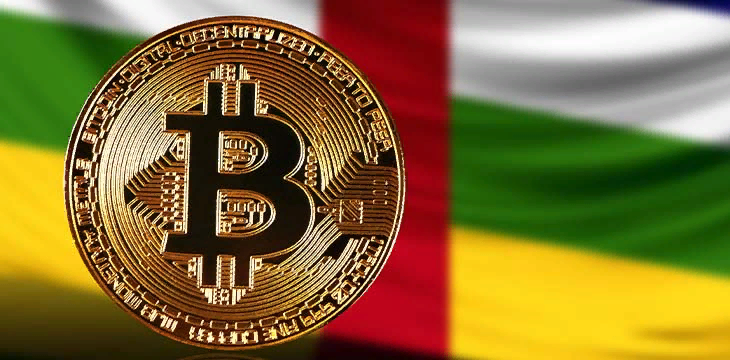
On June 2, the President of the Central African Republic (CAR) Faustin-Archange Touadéra announced plans to tokenize access to the country’s natural resources after adopting Bitcoin as legal tender (the second country after El Salvador).
It is not the first attempt to tokenize minerals. For example, Perth Mint, the biggest refiner of new gold in the world, under the ownership of the Government of Western Australia introduced ‘Universal Gold’ tokens back in October 2019. No government, however, has done it directly.
The CAR received approval for a $35M development fund from the World Bank on May 5. One of the aims of the grant is the digitalization of the public sector. Three weeks later, the CAR unveiled Project Sango, which contains plans to create a “crypto hub” to attract global crypto enthusiasts.
The Sango Project includes the creation of a legal framework for resource tokenization, as well as the establishment of e-residency for investors, crowdfunding infrastructure, and the so-called Crypto Island metaverse. Gold, oil, diamonds, copper, uranium, rhodium, limestone, cobalt, and manganese are just some minerals found in the CAR.
The World Bank is not supporting “Sango — The First Crypto Initiative Project”. The digital governance loan “is unrelated to any crypto-currency initiative.”- Spokesperson for the World Bank in the e-mail to BloombergL
However, the President has reportedly claimed that its “formal economy” is “no longer an option”. Tokenization of natural resources is meant to help crowd-fund infrastructure projects.
The benefits of launching Bitcoin as legal tender in the CAR have been called into doubt due to the fragility of the state and the low level of development in the country. There are doubts about how the whole bitcoinization is going to work under conditions of poor internet and electricity access among the population. Some critics see the Sango Project as a way of selling the entire country’s resources for a one-time payment that may be detrimental to future generations.
